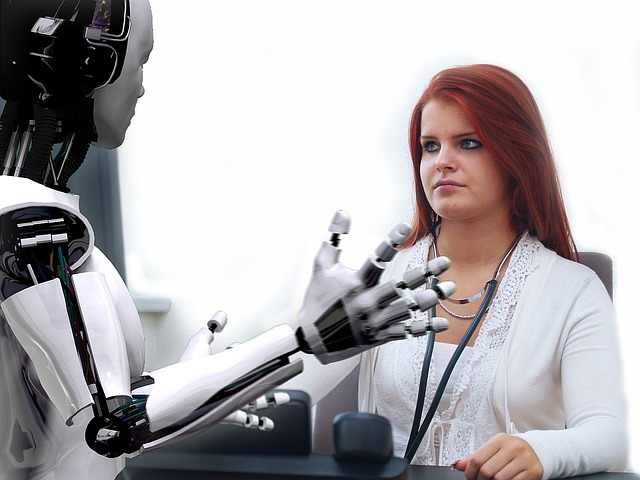By Ben Paul
Man v Machine.
There’s no doubt technology does some pretty cool things. In fact, it is a great enabler. Indeed, it has managed to speed up a lot of business processes and lead to efficiencies which have driven growth and economic prosperity. The effects on blue collar workers have been felt as lean manufacturing, and increasingly machines and robots, have replaced manual workers on production lines over the last 30 or so years. For many years most white collar professionals have felt secure that their skills and expertise will always be needed, and cannot be replaced. However, the landscape is changing rapidly and the rise of the machines is not bad news simply for the lower skilled workers. Indeed, a recent McKinsey report (read report here) found that 20 percent of a CEO’s working time could be automated using current technologies.
Will Robots replace professional service firms?
The answer is to a small degree, they already are. The more that the likes of Xero and MYOB progress, the more they will automate simple accounting procedures and provide basic accounting and tax returns for SMEs without them perhaps even needing to for employ an accountant. Engineers and architects, who used to spend days creating complex clash reports and building drawings and models, are now using BIM which is the first stage in speeding up and simplifying this process. Who knows what the next innovation may mean for this profession? Even lawyers are starting to be replaced; British programmer Joshua Browder, who is just 19, has developed and released a free bot that handles questions about parking ticket appeals in the UK. Since launching in late 2015, it has successfully appealed $3 million worth of tickets. (Read the full story from tech insider here).
The trend is only set to continue. A recent report (See here) carried out by the Chartered Accountant Australia & NZ with NIZIER, found that 46% (855,000) of jobs in New Zealand are at risk of automations within the next two decades. For professional service firms around 12% of professional roles are deemed to be at risk of automation. Put simply, this means to continue to thrive in your profession, you’ll have to adapt, to differentiate yourself from the robot competition. Will you be able to offer something that is technically more proficient than them, or is it something more human?
Who would you rather meet with?

As humans, we are programmed to build relationships and interact with each other. It is through these interactions that we will start to develop trust (or not) in each other. In the business world this trust is the ultimate currency into building successful long-term working partnerships. In the world of sales or winning work, the ultimate goal has long been to build trusted partner relationships. These relationships lead to mutual benefits on both sides and healthy sustainable businesses.
So as the machines take hold, it really is key to develop relationship-building skills.
What do you want to be?
It’s a question we often ask in our training and coaching sessions. Do you simply want to be a technically great lawyer, accountant, architect, banker or engineer (etc)? Or do you want to be a technically great professional who can build trusted relationships with the majority of people you meet?
Of course most people will opt for the latter as they see the benefits for them in doing so, not just financially, but in real job satisfaction, as they’ll be working in partnership with their clients and worrying a lot less about having to ‘win’ work. With the increasing rise of the machines more than ever, understanding how to build trusted relationships, will be vital in developing a successful professional career.
This post first appeared on Ben’s LinkedIn page. If you’d like to comment or join in this conversation, please visit the post here.


